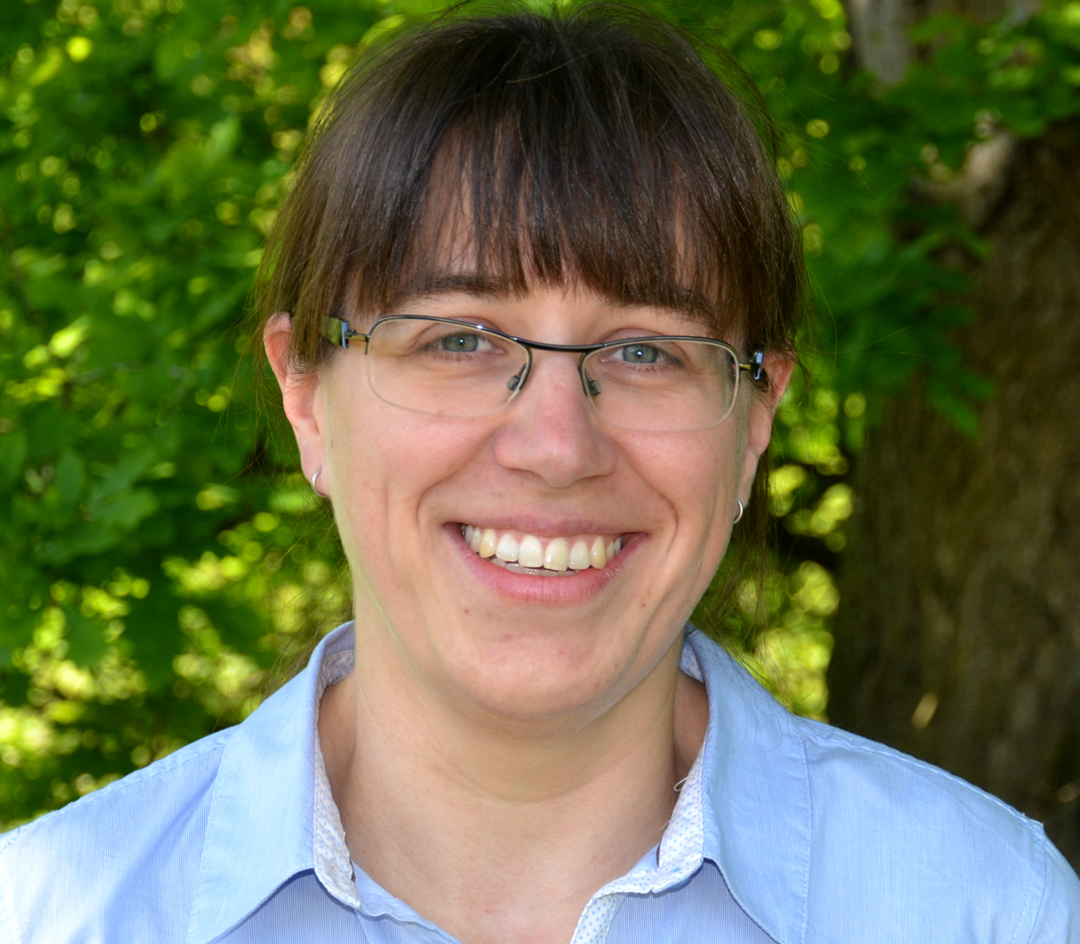Written Artefacts Across World Regions: Incommensurabilities and Comparisons
In the Winter Semester 2023/24, the Cluster of Excellence "Understanding Written Artefacts" / Centre for the Study of Manuscript Cultures convened the lecture series "Understanding Written Artefacts: Untold Stories / Schriftartefakte verstehen: Unerzählte Geschichten" to explore aspects of written artefacts that have not yet been brought to the foreground of scholarly conversations in written artefact studies.
The series also reflected on some of the cultural and disciplinary norms and ethical challenges that have shaped written artefact research so far. This year’s lecture series aims to expand these conversations on the (changing) norms, emphases, and trajectories of development that characterise contemporary written artefact research by presenting materials and perspectives from across world regions, and specifically from beyond Euro-American scholarly centres. In making room for further "untold stories", we want to focus particularly on the connections – the similarities, the entanglements, but also the incommensurabilities – that emerge when we look at research on artefacts originating from or located in different regions or at research informed by different scholarly and conservation traditions as well as by different cultural and political contexts. We hope that contributions to the series will enable us to discuss the powers and pitfalls of cross-cultural comparison as a productive yet also potentially limiting approach in written artefact research. Comparisons can sharpen our sensibility for the cross-cultural diversity of written artefacts and writing practices, but also stifle our capacity to convey radically diverse modes of knowledge and practice to our audiences. What aspects of written artefacts and of writing practices invite or, instead, defy comparisons? What insights can comparisons yield, what understandings might they obscure? And what thematic, methodological, and epistemological expansions can a focus on cross-cultural or cross-regional incommensurabilities help us envision? Lectures in the series will explore these questions by looking at case studies from Algeria, India, Iran, Mali, Mexico, Thailand, and Yemen.
The series comprises lectures in Arabic, English, French, and Spanish. Consecutive interpretation into English will be provided for the lectures in Arabic, French, and Spanish.
The series will be presented in hybrid format.
The series will be presented in hybrid format.
We look forward to having you with us in the lecture hall, or alternatively on Zoom.
online: Access Zoom webinar and
Mondays 18:15 – 19:45 (CET), Main Building, Edmund-Siemers-Allee 1, lecture hall C
14.10.2024
Introduction – Written Artefacts across World Regions: Incommensurabilities and Comparisons
Hanna Wimmer, Art History
Cluster of Excellence 'Understanding Written Artefacts' & Centre for the Study of Manuscript Cultures, University of Hamburg
Introduction – Written Artefacts across World Regions: Incommensurabilities and Comparisons
Hanna Wimmer, Art History
Cluster of Excellence 'Understanding Written Artefacts' & Centre for the Study of Manuscript Cultures, University of Hamburg
21.10.2024 – in Spanish with interpretation into English
La atribución regional y cultural de los manuscritos mesoamericanos calendáricos-rituales-adivinatorios / The Regional Culture Attribution of Calendrical-Ritual-Divinatory Mesoamerican Manuscripts
La atribución regional y cultural de los manuscritos mesoamericanos calendáricos-rituales-adivinatorios / The Regional Culture Attribution of Calendrical-Ritual-Divinatory Mesoamerican Manuscripts
María Isabel Álvarez Icaza Longoria, Art History
Universidad Nacional Autónoma de México, Mexico City, Mexico
Universidad Nacional Autónoma de México, Mexico City, Mexico
28.10.2024 – in Arabic with interpretation into English
الوثائق اليمنية والممارسات الأرشيفية / Archives and Archival Practices in Yemen
Mohammed Tawaf, History
École nationale des chartes, Paris, France
الوثائق اليمنية والممارسات الأرشيفية / Archives and Archival Practices in Yemen
Mohammed Tawaf, History
École nationale des chartes, Paris, France
11.11.2024
Key Features and Significance of the Manuscripts in the Panthal Collection: An Important Collection within the DiPiKA Project
M.V. Muralikrishnan, Vedic Studies
Vadakke Madham Brahmaswan, Thrissur, India
Key Features and Significance of the Manuscripts in the Panthal Collection: An Important Collection within the DiPiKA Project
M.V. Muralikrishnan, Vedic Studies
Vadakke Madham Brahmaswan, Thrissur, India
18.11.2024
Pictographic Manuscripts from New Spain: The Heritage Science Approach
Nathael Cano, Heritage Conservation
Universidad Nacional Autónoma de México, Mexico City, Mexico
Nathael Cano, Heritage Conservation
Universidad Nacional Autónoma de México, Mexico City, Mexico
25.11.2024
Malian Manuscripts through the Lens of Jenne: Socio-Linguistic Diversity in Digitised Collections
Djibril Dramé, African Studies
The British Library, London, United Kingdom
Djibril Dramé, African Studies
The British Library, London, United Kingdom
02.12.2024
Investigating Thai Court Dance-Drama Manuscripts: Texts, Paratexts, and Text-Performance Relations
Thaneerat Jatuthasri, Thai Studies
Chulalongkorn University, Bangkok, Thailand
Chulalongkorn University, Bangkok, Thailand
09.12.2024 – in French with interpretation into English
L'exploitation codicologique de la collection de manuscrits (arabes et berbères) de Lmuhub Ulahbib - Kabylie, Algérie / The Codicological Study of the (Arabic and Berber) Manuscript Collection of Lmuhub Ulahbib in Kabylia, Algeria
Djamel-Eddine Mechehed, Archival Studies & Codicology
L'exploitation codicologique de la collection de manuscrits (arabes et berbères) de Lmuhub Ulahbib - Kabylie, Algérie / The Codicological Study of the (Arabic and Berber) Manuscript Collection of Lmuhub Ulahbib in Kabylia, Algeria
Djamel-Eddine Mechehed, Archival Studies & Codicology
Lmuhub Ulahbib Manuscript Library, Béjaïa, Algeria
16.12.2024 – virtual only !!
The Impact of the Idea of “the Masculinity of the Qur’ān” on Ten Qur’ānic Readings, with Case Studies from the Astan Quds Razavi Manuscript Library in Mashhad, Iran
Elaheh Shahpasand, Qur’ānic Studies
University of Qur’ānic Sciences at Mashhad, Mashhad, Iran
Elaheh Shahpasand, Qur’ānic Studies
University of Qur’ānic Sciences at Mashhad, Mashhad, Iran
Koordination
Mariapaola Gritti / Martin Jörg Schäfer, Cluster of Excellence 'Understanding Written Artefacts' & Centre for the Study of Manuscript Cultures (CSMC), University of Hamburg
Mariapaola Gritti / Martin Jörg Schäfer, Cluster of Excellence 'Understanding Written Artefacts' & Centre for the Study of Manuscript Cultures (CSMC), University of Hamburg


